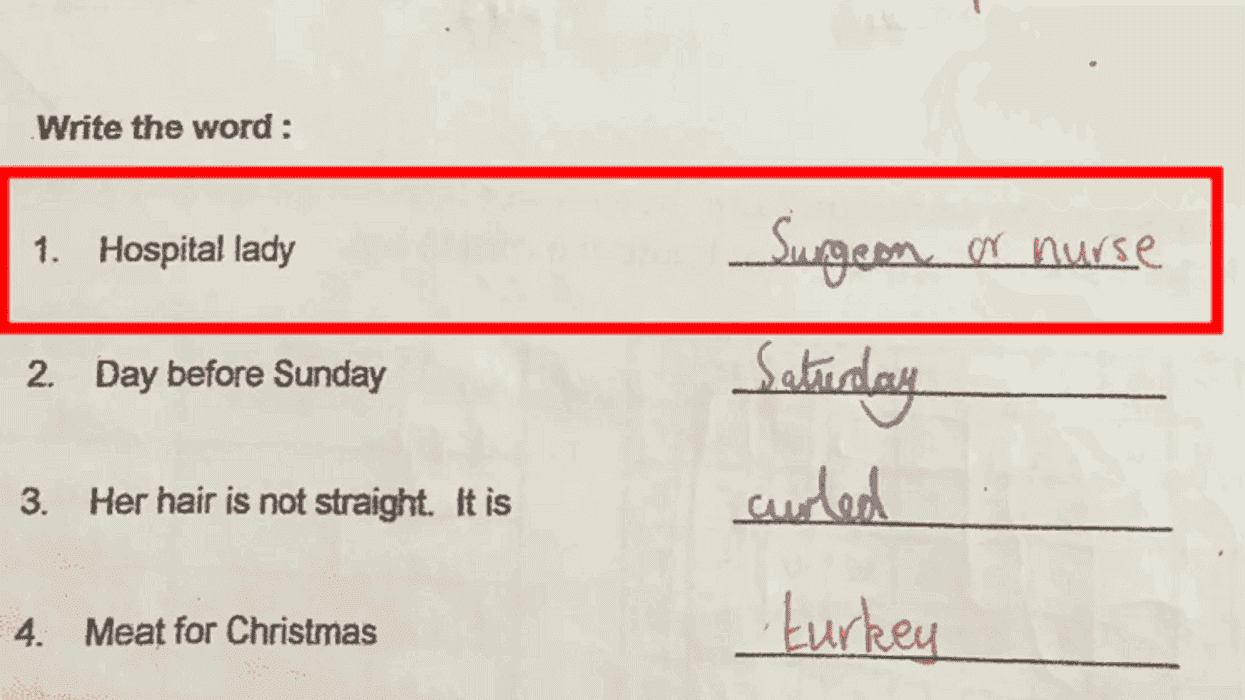“These darn kids and their phones!” isn’t just a boomer saying anymore. There has been a growing concern regarding how much time kids spend on their smartphones and what they are frequently exposed to on social media. There has been research showing that increased phone use and social media exposure has been linked to higher rates of depression, anxiety, low-self worth, and other mental health concerns. There are also safety issues of children getting scammed through social media. Use of smartphones at schools has gotten to the point where there are more and more smartphone bans for children inside--and sometimes outside--the classroom. Yet one study is arguing that banning smartphone access from kids isn’t the answer.
The British Medical Journal published a study that claimed that the answer shouldn’t be to take the phones away from children, but to educate them how to manage their phone and social media usage. They found that educating children more about how social media functions, how to spot scams, and establishing other safety regulations and boundaries proved to be more beneficial than outright banning phone use.
Firstly, the study looked at the data retrieved from an evaluation of student phone bans implemented in England and found that there was no evidence of restricted smartphone usage improving a student’s mental health, sleep quality, physical activity, classroom behavior, or their grades. Even if those phone bans showed improvement, there is no way to enforce them outside of school walls.
The study posits that the real answer is to have parents and teachers teach youngsters how to use their smartphones, influencing their relationship with them along with adopting and voting in laws and regulations that provide guardrails to protect kids while they use them.
Let’s be honest with ourselves. While there are definitely negatives about phone usage that could harm children, it is also a primary method of communication for 8 to 17-year-olds to engage with their friends socially and to learn about the world around them. This was especially true during the COVID-19 pandemic, in which Internet access was necessary for most of them to attend school and interact with their friends. The genie is out of the bottle for this generation.
@drcoolbeanz_psyd Our parents didn’t really have a clue. Now, as adults we do. Pay attention. #internetsafety #therapistsoftiktok #ShowOffLandOFrost #childdevelopment #childpsychology #childpsychologist #parenting #parentingtips #safety
Along with that, banning social media and smartphone usage for children doesn’t prepare them for when they will have access to their devices as adults. Aside from not being prepared to discern a real offer from a scam online, the modern working world requires some form of Internet presence. There are more and more companies requiring job applicants to have a social media account on LinkedIn, for example.
This may be an extreme comparison, but in 1970 out of 100,000 children under 14-years-old, 10.5 of them were killed in an auto accident. That rate became four times lower by 2016. The rate didn’t go down due to banning children under 14 from being in cars or on the streets. It came from adding safety regulations such as requiring car seats and seat belts, enacting pedestrian safety laws, teaching traffic school to new drivers, and other such things to improve a child’s presence around a car. Why couldn’t the same be done for a smartphone?
- YouTubeyoutu.be
Giving children empowerment through educating them on how to use a smartphone safely can help prevent them from falling into traps while granting them access to the positive parts of the Internet. For example, teaching them how to spot common online scams, to discern what not to post on social media, how to protect their data, and how algorithms work can do a lot for them. Enacting certain regulations around children’s Internet and social media use aside from bans could encourage companies to create more kid-friendly digital products with guardrails and limitations that can benefit their young minds while protecting them.
Prohibition didn’t work. “Just say no” didn’t protect kids from drugs. Unlike those two examples, smartphone use can be a wonderful tool and a vice in one device. Dismissing the tool doesn’t make the vice go away.





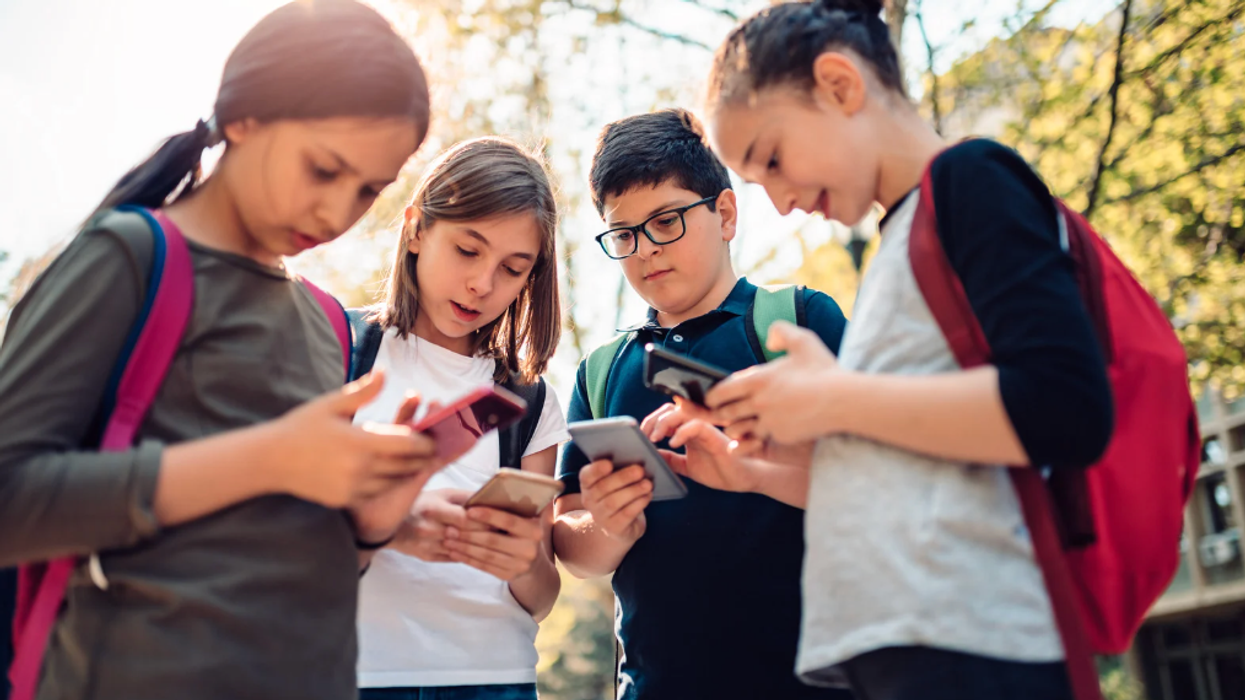













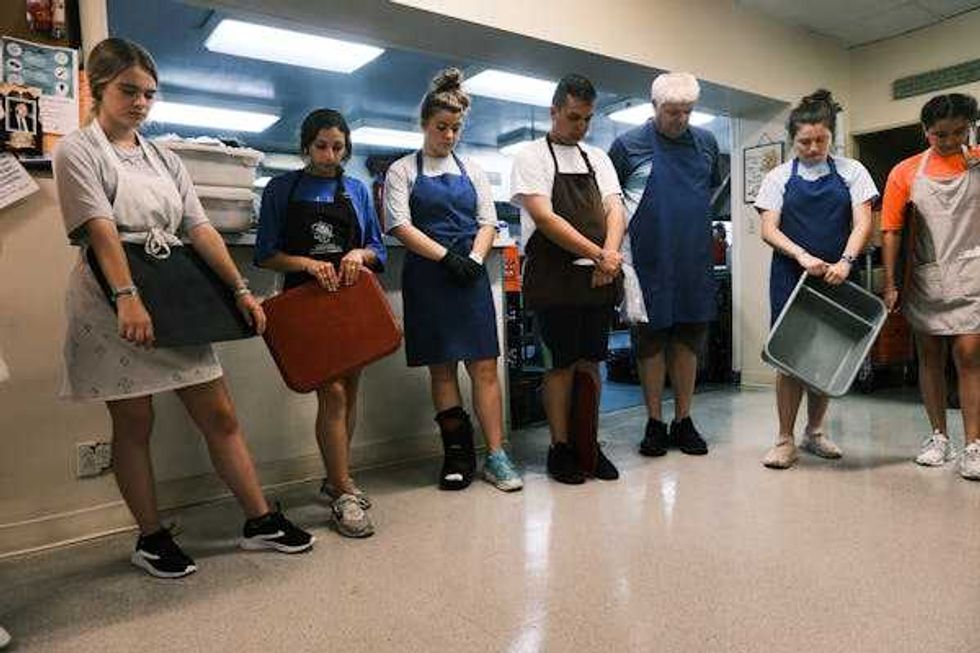 Volunteers at the St. Francis Inn pray together before serving a meal on July 19, 2021.
Volunteers at the St. Francis Inn pray together before serving a meal on July 19, 2021.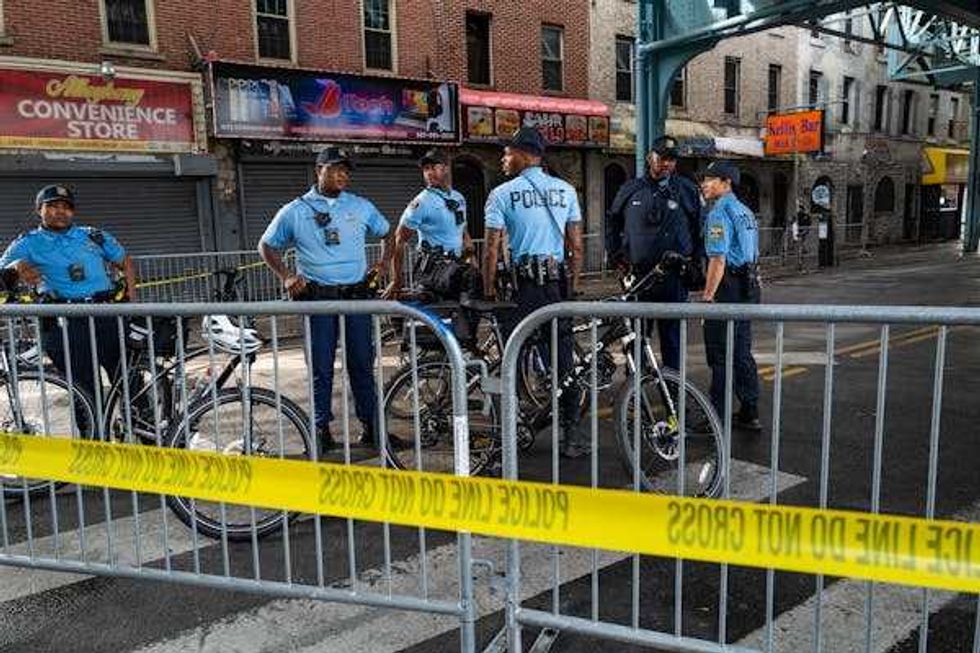 Police close down a section of Kensington Avenue to clear a homeless encampment on May 8, 2024.
Police close down a section of Kensington Avenue to clear a homeless encampment on May 8, 2024.
 A young person doing their monthly budgetCanva
A young person doing their monthly budgetCanva

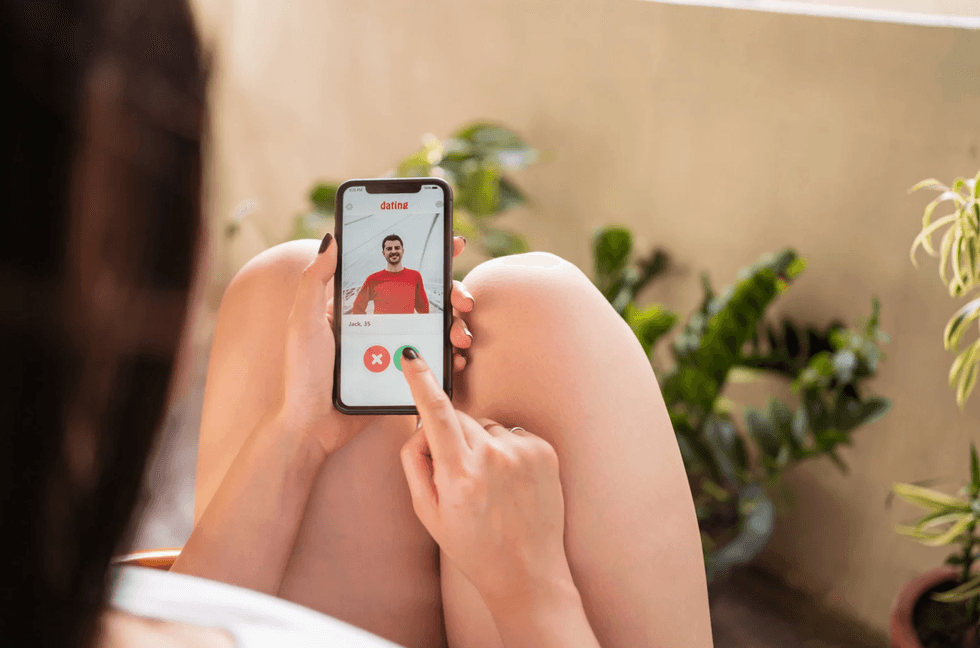 A woman scrolls through a dating appCanva
A woman scrolls through a dating appCanva
 Openly choosing the one you like best can help break down stigmas.
Openly choosing the one you like best can help break down stigmas.
 A young woman scrolling on her phoneCanva
A young woman scrolling on her phoneCanva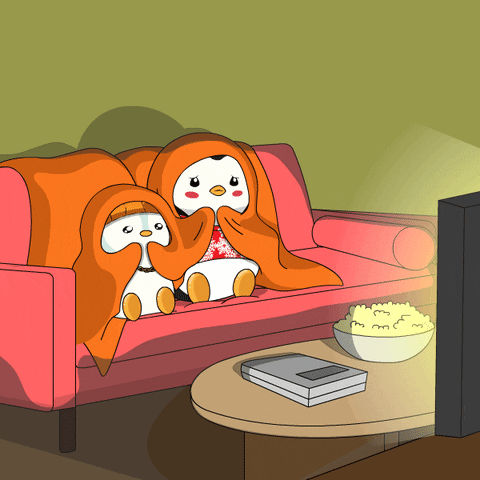 Gig of two cartoon penguins watching TV via
Gig of two cartoon penguins watching TV via 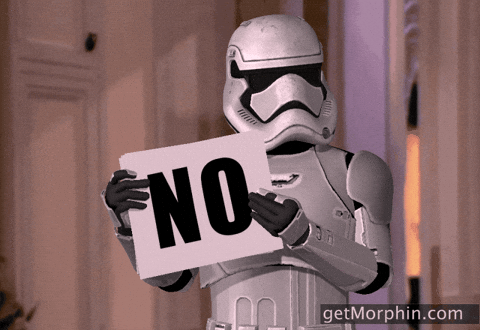 Gif of a storm trooper flipping through sings that say 'no' via
Gif of a storm trooper flipping through sings that say 'no' via 